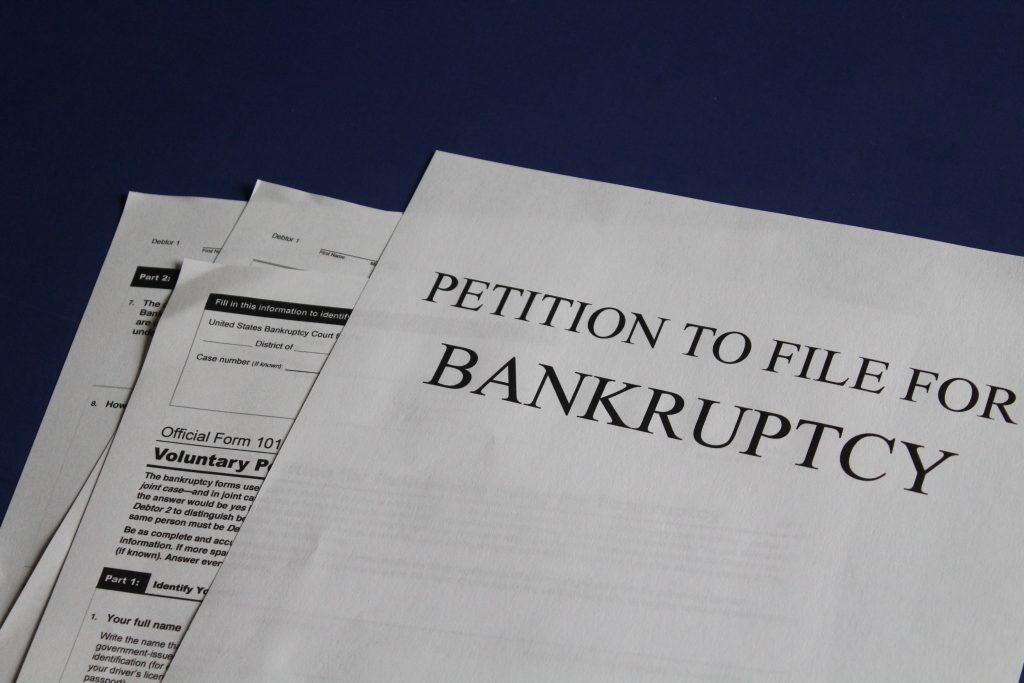When You Should NOT Be an Authorized User

Complete Guide to Opening a Secured Credit Card
01/18/2024
Will These Strategies Help You Get More Credit Score Points?
02/04/2024 Being an authorized user on someone else’s credit card can often be a valuable strategy for consumers who are looking to build credit. However, it is not true that everyone will benefit from authorized user accounts in every situation.
Being an authorized user on someone else’s credit card can often be a valuable strategy for consumers who are looking to build credit. However, it is not true that everyone will benefit from authorized user accounts in every situation.
In some cases, being a credit card authorized user may have a neutral impact, which is to say that it doesn’t have much of an impact on your credit one way or the other. Furthermore, in some cases, becoming an authorized user could even hurt your credit score, which is obviously counterproductive.
So if you are interested in potentially adding an authorized user tradeline to your credit file, how can you ensure that this action does not backfire and end up having an adverse impact on your credit?
To address this question, let’s look at some cases in which it is not a good idea to be added to someone’s credit card account as an authorized user, from the perspective of credit expert John Ulzheimer. John provided his expert opinion on this topic in a Credit Countdown video on the Tradeline Supply Company, LLC YouTube channel, which you can view below this article.
Disclaimer: The views and opinions expressed in this article are strictly those of John Ulzheimer and do not necessarily reflect the official stance or position of Tradeline Supply Company, LLC. Tradeline Supply Company, LLC does not sell tradelines to increase credit scores and does not guarantee any score improvements. Tradelines can in some cases cause credit scores to go down.
Scenario 1: Being Added to a Young Account
Being added as an authorized user to a credit card account that has little age can be detrimental due to the ways it can impact your age-related metrics.
When we talk about credit age, which is also referred to as “time in file” or length of credit history, we do not mean your personal age. (It is a myth that your age affects your credit score.)
Rather, we are talking about the age of your credit report and the tradelines in your credit report. This includes various age-related metrics such as the age of your oldest account and the average age of all of your accounts.
The credit age category only makes up 15% of your FICO score, but the impact can still be significant because more age means more on-time payment history, which, at 35%, makes up the largest chunk of your credit score.
It is beneficial to your credit to have as much age as possible. The longer your credit history is, the more confident lenders can be that you pay back your debts, which is why these age-related metrics are important to your credit score.
If you are added as an authorized user to a new credit card, then the low age of the account can bring down your average age of accounts. According to John, this scenario could result in either your credit score going down, or it could “dilute” the other, more beneficial aspects of the authorized user relationship.

Being added to a young credit card account lowers the age-related metrics that are considered in your credit scores.
To prevent this common tradeline mistake from happening to you, be sure to choose an authorized user account that has as much age as possible so that it will not bring down your credit age and damage your credit score. Our tradeline calculator is a great tool to help you with this.
Ideally, John recommends being added to an account that is at least 20 years old, although this is certainly not possible or practical for everyone. If that is the case for you, just aim for as much age as possible.
Scenario 2: Becoming an Authorized User on a Heavily Utilized Card
Revolving utilization, which is often called the credit utilization ratio, is an important factor that contributes 30% of your FICO score. In this case, lower is better, because if you are utilizing too much of your available credit, this indicates that you are a larger financial risk for lenders.
For this reason, when it comes to your credit score, you want your credit utilization to be as low as possible.
Many consumers seek out authorized user tradelines with high credit limits, but if these accounts also have high utilization ratios, then being added to one as an authorized user could do more harm than good by increasing your revolving utilization instead of decreasing it.
The ideal credit card to become an authorized user on would have a high credit limit, but regardless of the credit limit of a credit card, its utilization ratio should be very low in order to avoid any negative effects.

If you are an authorized user on a credit card with high utilization, this could affect your revolving utilization metrics and your score.
Scenario 3: If the Credit Card Has a History of Derogatory Entries or Is Currently Delinquent
Of course, it is not a good idea to become associated with a credit card account that has a history of derogatory items or if it is currently past due. Your payment history is the most important determining factor of your credit score, making up 35% of it, so it is vital to maintain a perfect payment history on any account you are added to.
If you are added to a credit card that has any negative items in its payment history, it is far more likely to hurt your credit score than it is to help.
In the event that you are added to an account that has been or is currently delinquent, fortunately, you can have yourself removed from the card. Instead of wasting your time on this type of situation, however, the best thing to do is to ensure that a card has a perfect payment history before having your name added to it.
Scenario 4: If You Already Have a Low Credit Score or Derogatory Items on Your Credit Report
If your credit score is low already, don’t assume that being an authorized user is going to fix all of your problems.
Having bad credit means you have some negative items on your credit report, and unfortunately, these negative items can act to balance out the potential effects of the authorized user account. One account with a good payment history can only go so far in diluting the impact of derogatory items on your credit report.
As another example, if you have a low credit score because you have several credit cards with high utilization ratios, then adding one card to your credit report that has a low utilization ratio may not be enough to move the needle overall.
In this kind of situation, it is important to be realistic and reasonable with your expectations.

With derogatory credit items, such as a bankruptcy, on your credit report, you should not expect that becoming an authorized user alone will fix your credit problems.
Scenario 5: If the Card Does Not Report to All Three Credit Bureaus
An authorized user tradeline has no value if it does not appear on your credit report, and not all card issuers report authorized users to the credit bureaus. Many card issuers do choose to report authorized user data to the credit reporting agencies, but they are not required to do so, so it is not a guarantee.
Therefore, when choosing an authorized user account, it’s a good idea to check with the issuer of the credit card you are considering piggybacking on to ensure that they report authorized user information to all three of the major credit bureaus: Equifax, Experian, and TransUnion.
That way, you can have confidence that the tradeline will be posted to your credit reports, which is a condition that needs to be met in order for the account to potentially have an impact.
Do you agree with these examples of times when you should not be an authorized user? Let us know by commenting on this article or the YouTube video below. For more helpful videos about tradelines and the credit system, subscribe to our channel and take a look at our extensive library of free content!






2 Comments
You mention in the 5th scenario that a tradeline is of no value if it doesn’t report to all three bureaus. Then is it not true that tradeline supply report only to two of the bureaus, or am I mistaken you all?
Your statement is not exactly correct. If a tradeline appears on your credit report with one or two of the credit bureaus, it still has value at those credit bureaus. As for our tradelines, they all report to all three credit bureaus. Due to reporting errors by the bank and credit bureaus, which are out of our control, we guarantee that tradelines will report to any two out of three bureaus. See our guarantees and FAQs for more info.
https://tradelinesupply.com/how-many-bureaus-do-you-guarantee-it-will-report-to/
https://tradelinesupply.com/guarantees/